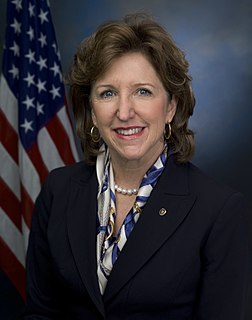A Quote by Grant Shapps
Look at the growing middle class in India. Small businesses are not just a source of jobs and prosperity: they are the driving force of social justice too.
Related Quotes
If you want a future of shared prosperity, where the middle class is growing and poverty is declining, where the American Dream really is alive and well again, and where the United States remains the leading force for peace and justice and prosperity in a highly competitive world, you have to vote for Barack Obama.
I felt like the luckiest kid in the world. And I was. I was growing up middle-class in a time when growing up middle-class in America meant there would be jobs for my parents, good schools for me to prepare myself for a career, and, if I worked hard and played by the rules, a chance for me to do anything I wanted.
Look at what's happening between Main Street and Wall Street. The stock market index is up 136 percent from the bottom. Middle class jobs lost during the correction: six million. Middle class jobs recovered: one million. So therefore we're up 16 percent on the jobs that were lost. These are only born-again jobs. We don't really have any new jobs, and there's a massive speculative frenzy going on in Wall Street that is disconnected from the real economy.
When the government takes more money out of the pockets of middle class Americans, entrepreneurs, and businesses, it lessens the available cash flow for people to spend on goods and services, less money to start businesses, and less money for businesses to expand - i.e. creating new jobs and hiring people.
That's what the Romney plan is all about, how to get jobs created, how to get this debt and deficit under control, how to revive small businesses so we can create jobs, and how to bring growth and opportunity to society instead of this class warfare, instead of speaking to people like they're stuck in some class or station in life.
The size of the U.S. middle class has been shrinking. Wages have been stagnant. We don't have those factory jobs that paid a living wage and enabled a family to have a home where the wife did not have to work. But we sent our factories abroad and there is no likelihood of getting them back. Equally worrisome is that some managerial jobs and professional jobs (such as lawyers) which support middle class life are threatened by automation.































